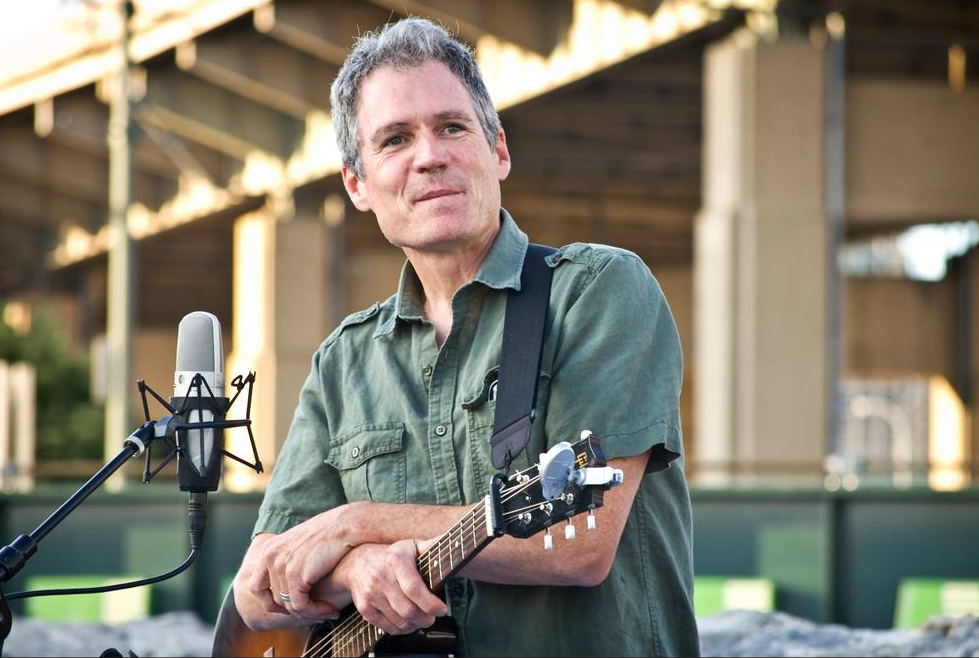
[This article by Dave Ruch originally appeared on his blog.]
I quit my suit-and-tie marketing job at age 27 to pursue the only thing I’d ever really cared about, which was playing music.
That was 26 years ago.
Looking back on it, there are lots of things I wish I’d known then – things that would have saved me lots of headaches.
I hope one or more of these might be helpful to you…
1. I’ll burn myself out playing 4-5 nights a week
For 3-4 hours a night…
You probably have more stamina than I do.
For me, it only took about two and half years of full-time musicianship before I’d developed a pretty debilitating case of tendonitis owing to long bar gigs with loud bands.
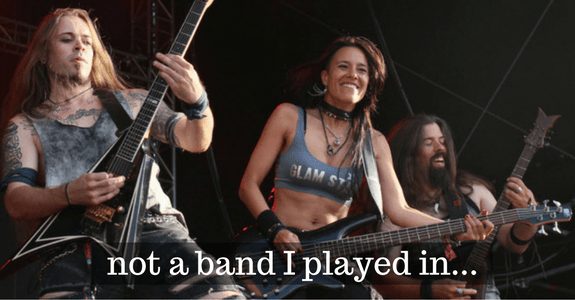

(If you’re curious about how I accomplished that, you can see more here.)
2. Health insurance is expensive!
Holy cow.
Separate from all of the current debate surrounding the pros and cons of the Affordable Care Act here in America, health insurance is just expensive, and becomes more so every year. Plan for that.
3. I can write off all my clothes
And my new computer!
For the first few years of self employment, I did my own taxes and had no idea how many deductions I could be taking.
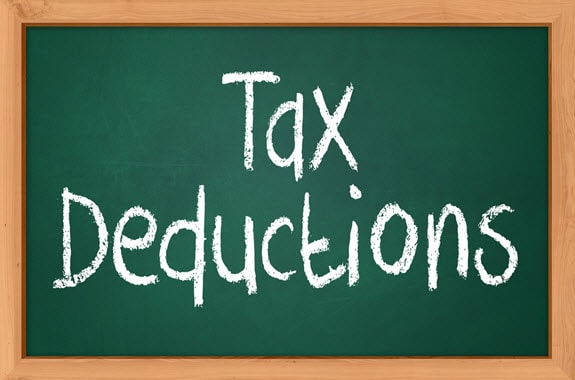

Highly recommended.
4. Teaching people to play music is only fun if they practice
(Which they don’t. At least, not usually.)
A big part of my plan back in 1992 was to generate some income giving instrumental lessons out of my house.
I busted my butt to get students, and it worked. Over a six-month period, I had built up my teaching business to a steady roster of 30-35 students a week.
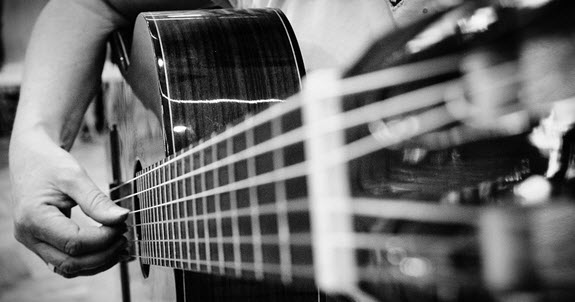

The more I did it, though, the less I enjoyed it.
While my students seemed perfectly happy coming back and shooting the breeze every week, going over the same stuff we’d done the week before (and the week before that), and then getting sucked back into their busy lives, it just didn’t feel satisfying to me.
I enjoyed the social aspect, but just didn’t feel fulfilled by the teaching. So, I moved on from teaching.
5. Nobody in the audience is scrutinizing every note I play and sing
They’re there to have a good time, period. Help them do that, and everyone wins.
Or, said another way – get over yourself.
6. Some days there will be LESS time for music than before
What?
It’s funny to think back on all the utopian visions I had about what my life would be like after breaking free from my corporate job to pursue music full-time.


So it’s not like that?
Well, not if you need to make a decent living. It’s a lot more like this, and this.
I wouldn’t trade it for the world, but it’s not exactly the way I’d envisioned it.
7. I can make a sustainable living as an independent musician!
Amazing.
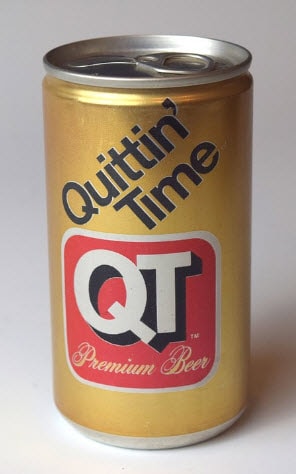

In retrospect, I feel very fortunate that I made the break at a time when I was young and adaptable, single, and without many large expenses. I could afford to take the chance, and had a college degree to fall back on if it all went to hell.
But it didn’t!
The big lesson?
If there’s one thing I’ve learned about the route of the independent artist, it’s that there are hundreds of well-worn paths you can take, and many more that can be created out of thin air.
I make my entire living as a musician without intersecting one bit with the music “industry.”
Go figure.
It’s the ability to work really hard at building your business – yes, your business – that might determine how it goes for you.
For those who do this full time – what else would you add to my list here?